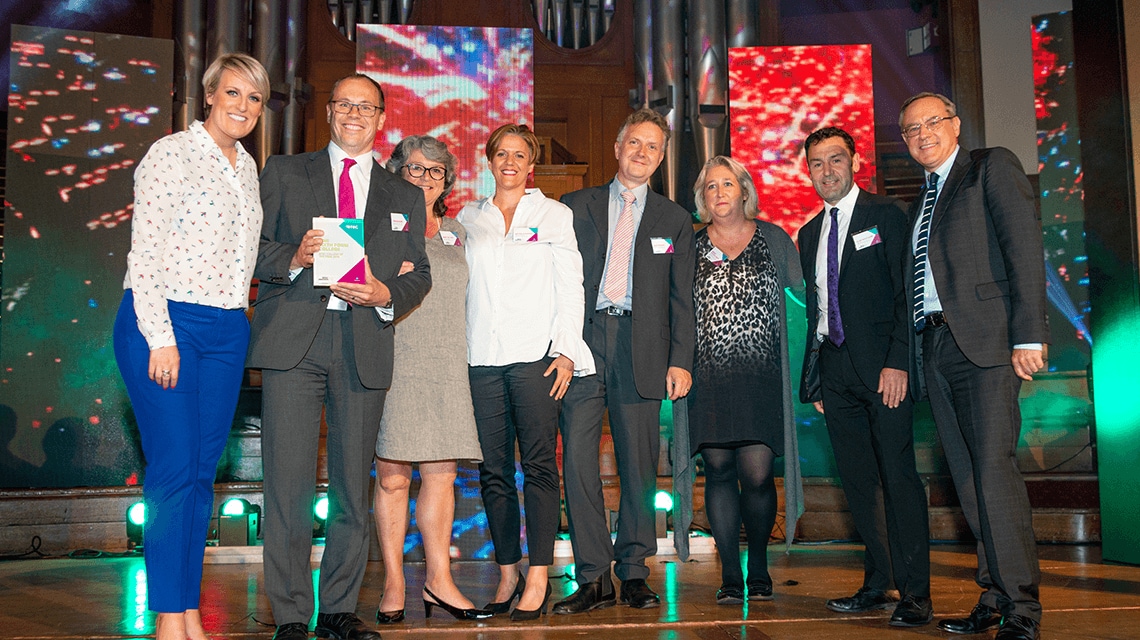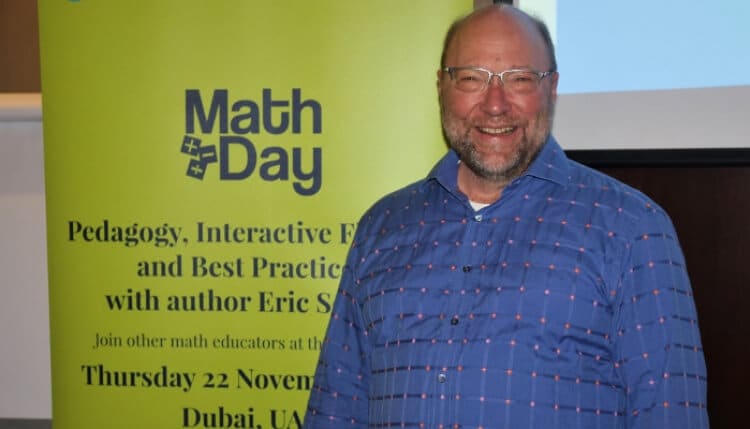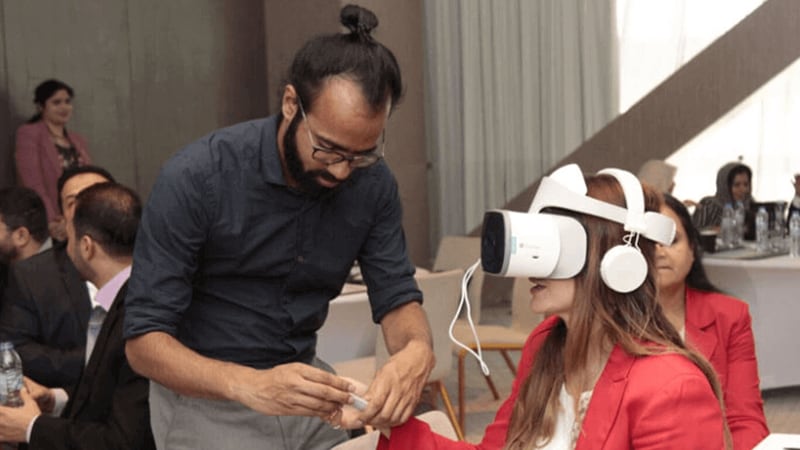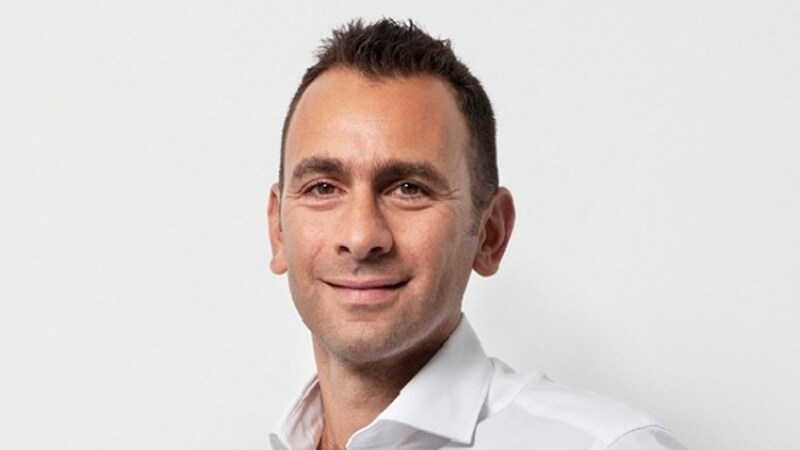Pearson hosts tech workshops in the UAE, Bahrain and KSA to help educators impart real-life tech skills to students
by
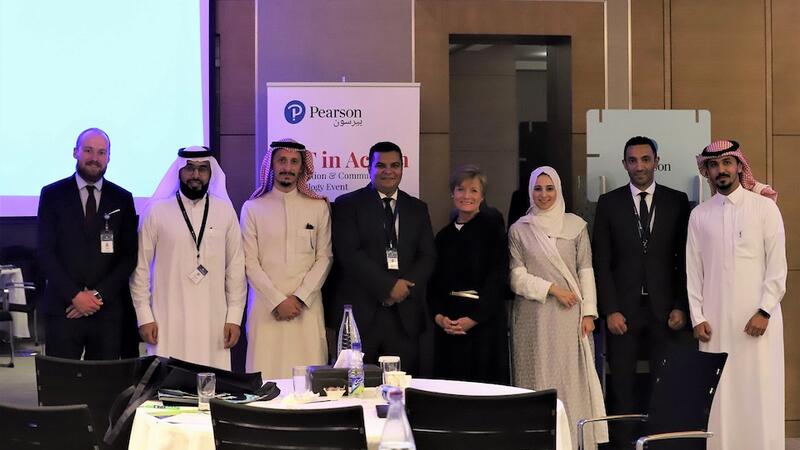
Dubai,UAE - Pearson Middle East welcomed more than 60 professionals across the UAE, Saudi Arabia and Bahrain higher education sector with the aim to help them drive higher levels of digital literacy amongst their students.
The full-day events recently hosted in the United Arab Emirates (UAE), Bahrain and the Kingdom of Saudi Arabia (KSA) offered educators the opportunity to teach students the skills which employers seek today and that are in high demand. Typically, these skills include technical skills such as in-depth knowledge of Microsoft Office applications including word processing and excel spreadsheets. Students in the Middle East are often comfortable with technology usage with regards to social media but struggle with practical digital skills for the workplace. Sometimes language barriers also play a role. Digital literacy events such as these seek to address the gaps.
Increasingly, the Middle East is becoming renowned as a technology hub, with the UAE and the KSA focusing strongly on innovation in this sector. At the same time, employers place a lot of emphasis on finding candidates with the right skills and competencies for their organisations. Often IT skills are at the top of this list.
A number of key initiatives put into motion by the two countries look set to drive technology, with digital transformation taking off in the key sectors including government, banking, transportation and healthcare. A recent Fitch Solutions report ranked the UAE as the second biggest economy in the Arab world and the most attractive information technology market. Technology investments, related to smart city initiatives across MEA, is predicted to reach $2.7 billion in 2022, with Dubai and Riyadh leading the way, according to Massachusetts-based researcher International Data Corporation.
Dalia Leil, Head of the Higher Education Portfolio Strategy, Pearson Education commented, “The education landscape has been fast evolving with an increased emphasis on going beyond curriculum-based learning to the professional development of students with the use of technology. Pearson’s ICT in action events provide educators across the UAE and KSA with the skills and confidence they need to improve teaching and learning through pedagogical use of technology. The events were led by Mary Anne Poatsy, a highly esteemed author of Technology in Action to share her experience on how to deliver an authentic individualized learning experience and overcome of the common challenges faced by students today.”
Mary Anne Poatsy, keynote speaker at the ICT in action events and author of Technology in Action, as well as series editor for the Exploring series shared her teaching experiences to help accelerate how educators can support their learners with the right knowledge and skills on what matters the most now, and in the future. She addressed student learning challenges with practical sessions on problem-solving and risk identifying with analogies on how to challenge students’ skills and identify the right talent.
“Digital literacy isn’t just about learners understanding how to use a single technology or a host of programs and devices,” said Poatsy. “It is about teaching students how to use digital tools to create something original and adaptable to any work environment.”
MyLab IT, a teaching and learning platform that empowers educators to reach every student, was also demonstrated at the ICT in action events to help navigate engagement and assessment of student’s skills. The platform is an interactive IT system that delivers trusted content and resources through an expansive course materials library, including new easy-to-use prebuilt learning modules that promote student success – that all can be personalised to give each and every student what he or she needs to succeed. Used by more than 350,000 users annually MyLab IT has supported many successful faculty and programs in the redesign of college courses to effectively use technology. The system helps educators catch at risk students, spot overall class difficulties and run simulation step frequency analysis to support students and help them become sharp critical thinkers and advanced tech users, meeting the essential skills employers seek.
“For over 17 years, instructors have relied upon Tech in Action to teach the skills necessary to succeed in a digital lifestyle, both personally and professionally. The source provides a wealth of information on digital literacy as well as more advanced topics such as on Artificial Intelligence, Internet of Things, Security, Privacy, and Ethics which are so relevant in the current landscape,” added Dr. Paula Kenny, Associate Professor at Princess Noura bint Abdulrahman University, KSA.
“Employers today recruit people with soft and technical skills especially those with knowledge of the Microsoft Office applications. Through MyLab IT students can validate their Microsoft Office skills with digital badges. Moreover, students achieving 90% or greater on Application Capstone assessments qualify for discounts in MOS certification exams.”
For more information, please visit https://middleeast.pearson.com/
Online Coverage
MENAFN | Albawaba | Eye of Dubai | Zawya | Mena Herald | Middle East Events | Eye of Arabia
read more


